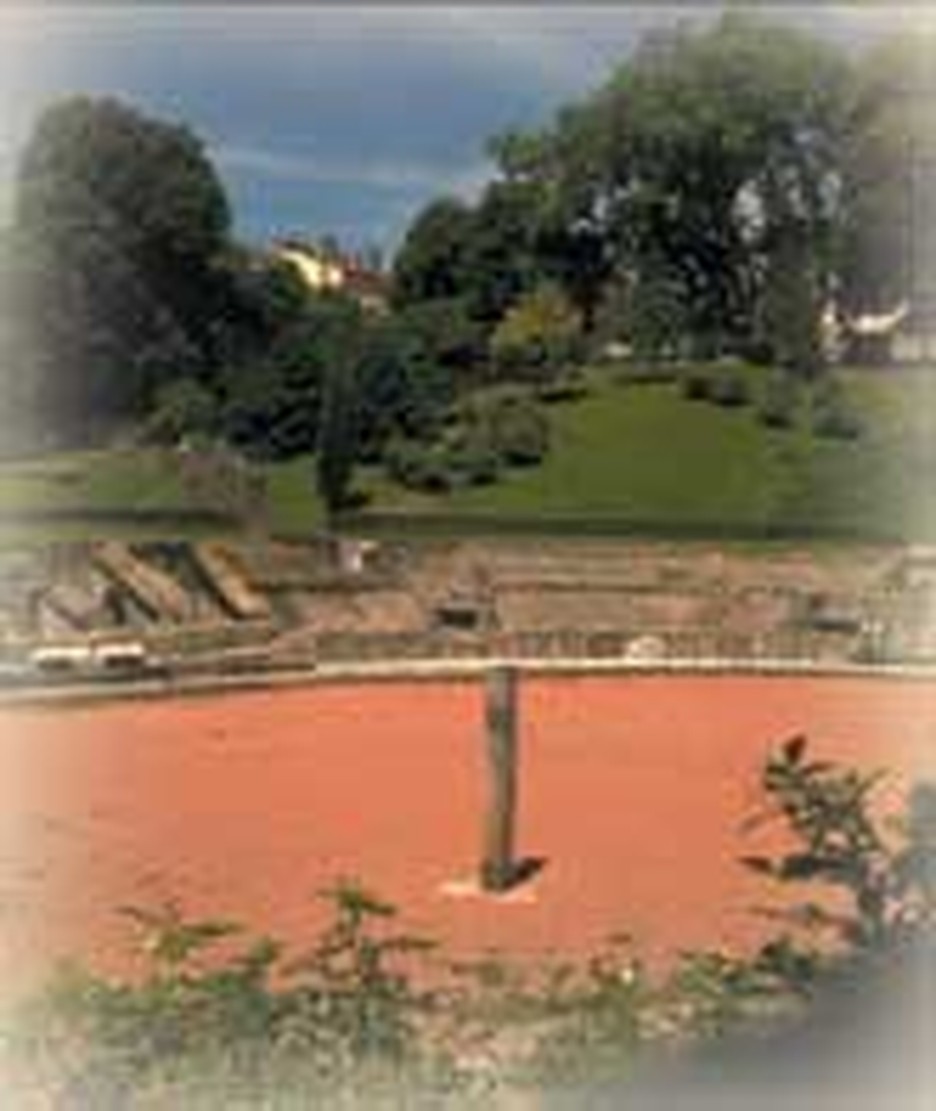
Irenaeus' heart was full. He wished his friend Marcianus could be with him so that they could talk about Christ, but that was impossible. So he picked up his pen. They might be separated by distance but a letter could capture his feelings. He dipped the quill in ink and began to write:
"Knowing, my beloved Marcianus, your desire to walk in godliness, which alone leads man to life eternal, I rejoice with you and make my prayer that you may preserve your faith entire and so be pleasing to God who made you."
Irenaeus wrote many things, not only to Marcianus, but to others. These writings are of the utmost importance, for they show the state of Christianity in the second century after Christ.
False teaching (heresy) had gained destructive power. In another lengthy writing, Irenaeus listed these and gave Christian answers to their false claims. One of his arguments was that only the universal church had the truth which it had passed from bishop to bishop. Irenaeus was in a strong position when making this claim. He had personally known Polycarp, the martyred bishop from Asia Minor who in turn had known St. John and other apostles.
One heresy of the day that Irenaeus took the trouble to answer was Gnosticism. Gnosticism claimed that one needed a special, hidden knowledge if one's soul was to be saved. Irenaeus must have had this in mind when he wrote Marcianus:
"This then is the order of the rule of our faith, and the foundation of the building, and the stability of our conversation: God, the Father, not made, not material, invisible; one God, the creator of all things: this is the first point of our faith. The second point is: The Word of God, Son of God, Christ Jesus our Lord...And the third point is: The Holy Spirit, through whom the prophets prophesied, and the fathers learned the things of God, and the righteous were led forth into the way of righteousness; and who in the end of the times was poured out in a new way upon mankind in all the earth, renewing man unto God.
"And for this reason the baptism of our regeneration proceeds through these three points: God the Father bestowing on us regeneration through His Son by the Holy Spirit. For as many as carry (in them) the Spirit of God are led to the Word, that is to the Son; and the Son brings them to the Father; and the Father causes them to possess incorruption."
Irenaeus became a leader in the church in Lyons, France. In 177, the Lyons' leadership sent him to Rome with a message. While he was away, heathen authorities arrested his bishop and many other Christians and killed them as martyrs in the arena in a savage spectacle. These included Blandina, one of history's best known martyr women.
Ireneaus' writings powerfully declared that the true church had the truth because it had Scripture on its side as well as sound reason, the guidance of the Holy Spirit, and the memories of those who had known the apostles.
His feast is on this day, June 28.
Bibliography:
- Aland, Kurt. Saints and Sinners; men and ideas in the early church. Philadelphia: Fortress Press, 1970.
- Butler, Alban. Lives of the Saints. Westminster, Maryland: Christian Classics, 1981, 1956.
- Chadwick, Henry. The Early Church. Penguin Books, 1967.
- Clerjon, P. Histoire de Lyon. Laurent, 1829.
- Hort, Fenton John Anthony. Six Lectures on the Ante-Nicene Fathers. Freeport, New York: Books for Libraries Press, ca. 1972.
- "Irenaeus, St." The Oxford Dictionary of the Christian Church. Edited by F. L. Cross and E. A. Livingstone. Oxford, 1997.
- Poncelet, Albert. "St. Irenaeus." The Catholic Encyclopedia. New York: Robert Appleton, 1914.
- Various encyclopedia and internet articles.
Last updated May, 2007.

.jpg)
